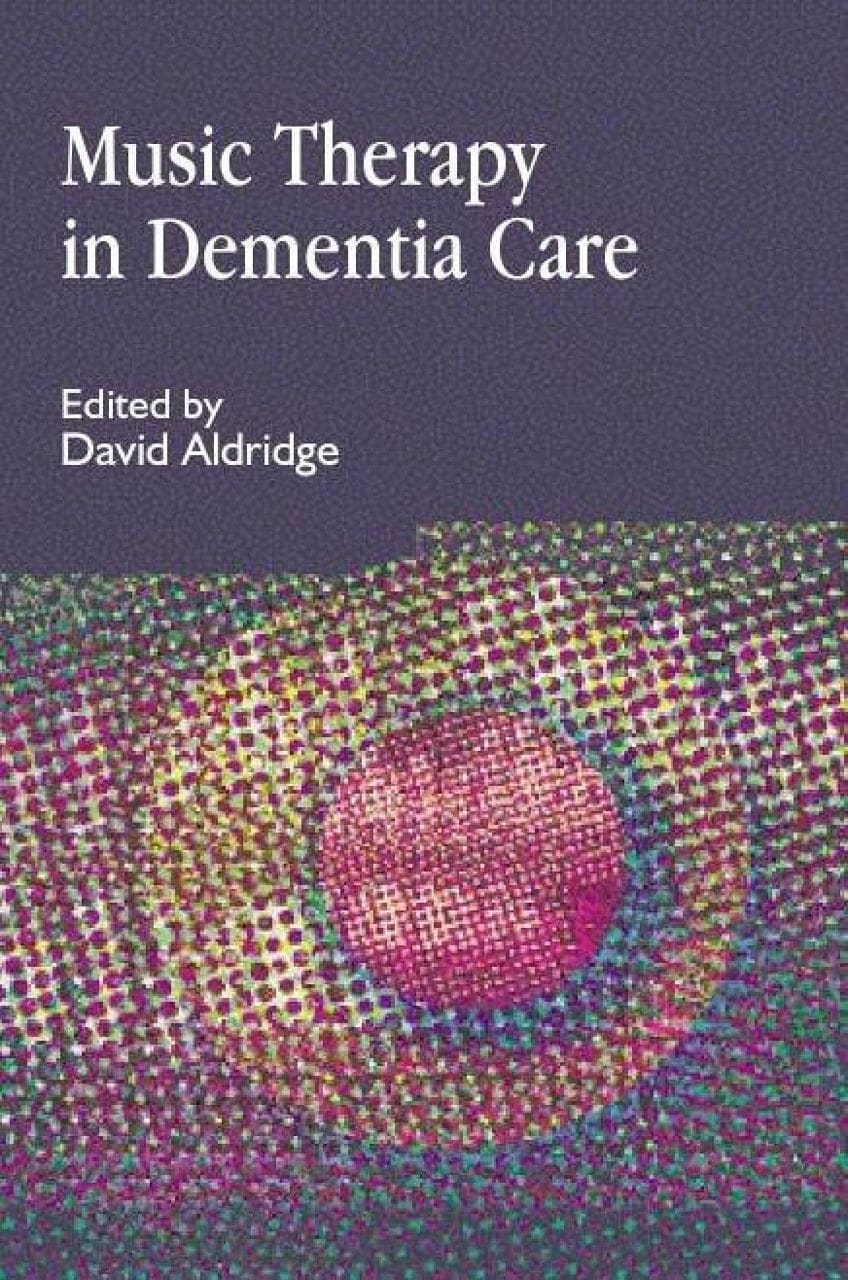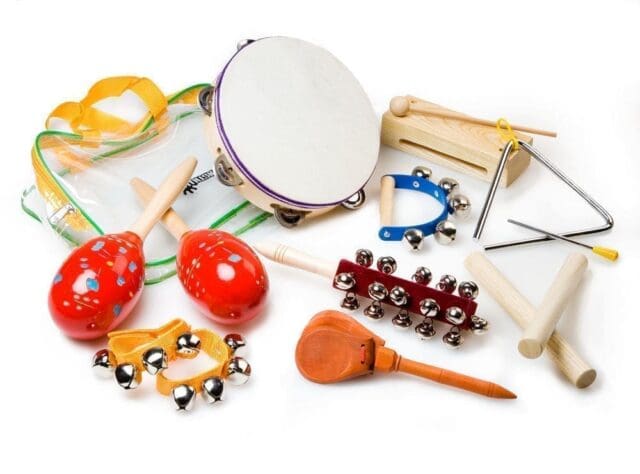Music Therapy in Dementia Care by David Aldridge
£35.40
Music therapy as a means of improving memory, health and identity in those with dementia.
Download a free sample of this book: Music Therapy in Dementia Care Book Sample
Within the last decade music therapists have developed their work with the elderly and with people with dementia.
Drawing on the diverse research and considerable personal experience of contributors from around the world, Music Therapy in Dementia Care takes a comprehensive look at music therapy as a means of improving memory, health and identity in those with a type of dementia – particularly the Alzheimer’s type.
It explores the issues which may arise in working with this group, such as coping with wartime memories, and shows how music therapy facilitates and enables communication through sound and movement.
This fresh, original book is an interesting and informative read for the caregivers and families of dementia sufferers, and an essential resource for music therapists and all those involved in psychogeriatry.
Professional reviews include:
Kevin Hope, The University of Manchester
‘This is an interesting book that spans a range of areas not initially evident from the title. Specialised and non-specialised audiences alike can usefully utilise this book. Two chapters provide detail by way of notation to consider the interesting role of music therapy as a mode of assessment and as a means of engaging creatively with the person with dementia. Consideration of more focused outcomes such as reminiscing and managing agitation are explored as is the whole role of music in addressing post traumatic stress. At the other end of the continuum, the place of singing and the appropriateness of this mode of engagement for people with dementia are clearly made.’
British Journal of Occupational Therapy
‘The book is well referenced, covering a wide range of clinical interest. The clinical benefits of music therapy are clearly expounded upon, with various chapters covering worldwide approaches. Personal case studies and narratives help to illustrate the value of communication in its various forms. The behavioural characteristics of people with dementia are discussed and research underpins the benefits of music therapy with specific groups. Having no musical education personally, I was not deterred when rhythmical patterns were illustrated within the text. For those individuals using music in treatment programming, there would be definite advantages to using this book as an example of good practice. Poetry, dance and other therapeutic media are included in the text making this a valuable addition to clinical practice.’
- Size:
- (l) 23.3cm
- (w) 15.5cm
- Softback
- 256 pages.




